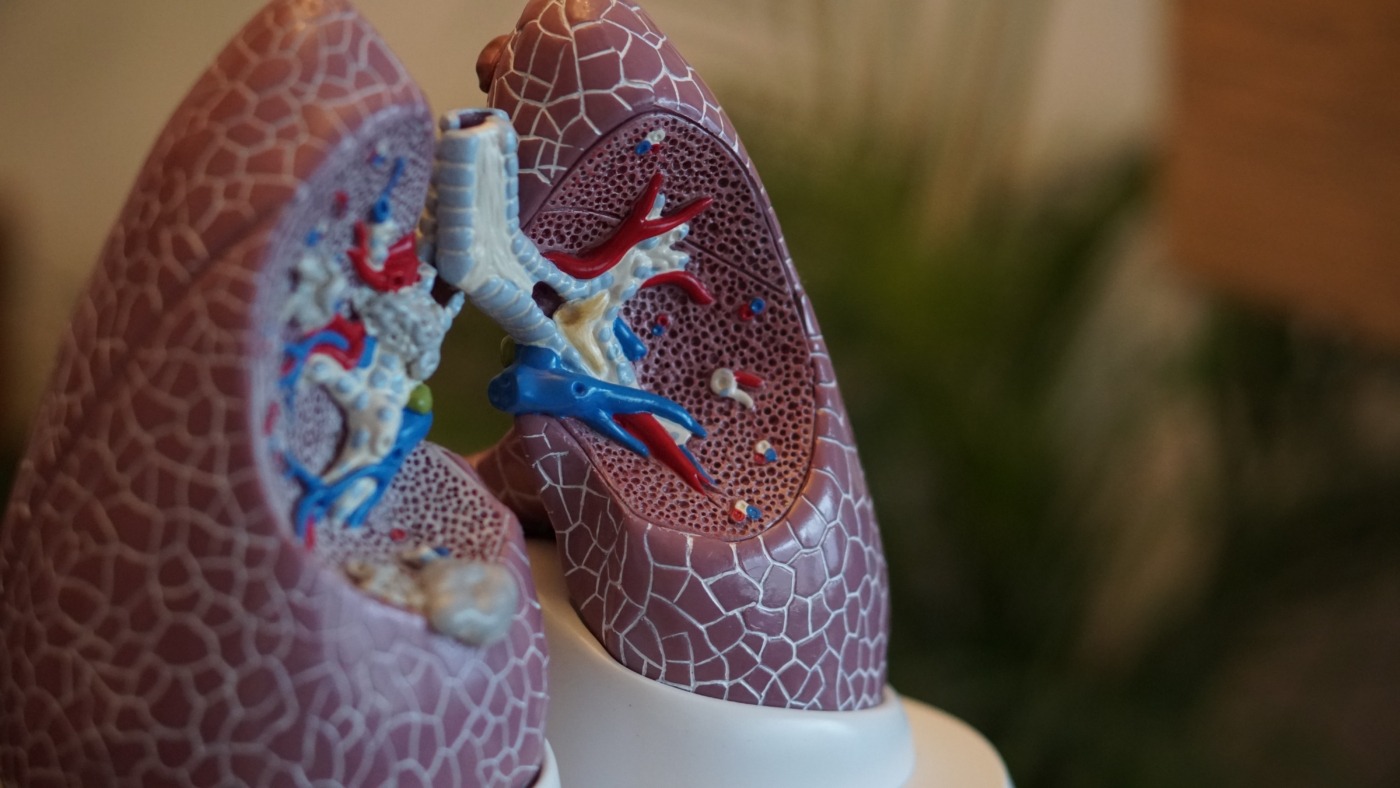Warwick University researchers to investigate possible link between genetic mutation and controlled breathing
Researchers at the University of Warwick’s School of Life Sciences will investigate the role of a certain genetic mutation in the process of controlled breathing, after prior studies supported a potential connection.
According to Professor Nicholas Dale at the School, the protein Conexxin 26 (Cx26) has previously been identified as being directly sensitive to Carbon Dioxide (CO2) and linked to conditions such as deafness and Keratitis-ichthyosis-deafness (KID) syndrome. This rare disorder causes skin abnormalities, eye problems, and hearing loss. The relationship between the Cx26 gene and the ability to regulate Carbon Dioxide will be explored by researchers from the School, with help from a generous £686,956 grant from the UK’s Biotechnology and Biological Sciences Research Council (BBSRC).
Details of the research have been published by the University. Researchers hope that their four-year project, titled ‘New Tools for Investigating Connexin26 Hemichannel Function in Physiological Systems’, may be able to identify a direct relationship between how Cx26 responds to CO2 and its ability to control breathing. In the long term, this could lead to an understanding of how gene mutations interfere with this, and could help to develop new tests and treatments for breathing problems, such as sleep apnoea. Sleep apnoea is a common condition where the walls of the throat relax and narrow during sleep, interrupting normal breathing and affecting sleep. More than one million people in the UK are affected by this.
In the long term it could provide new ways to diagnose breathing problems such as sleep apnoea and introduce new clinical management strategies for Cx26 patients with mutations that affect CO2 sensitivity to improve their quality of life
Cx26 can respond to CO2 in two different ways. This project aims to allow researchers to identify which of these two ways is involved in the control of breathing. To do this they will exploit how the Cx26 gene evolved from fish to man. Researchers have previously researched Cx26 in lungfish, which is closely related to the first species that crawled from water onto land and is an air-breathing fish that possesses lungs. Researchers have found that the lungfish Cx26 has only one way of responding to CO2 because the protein in this fish is slightly different and has a long extension of 24 amino acids on one end of it. Researchers plan to exploit this extension as a genetic tool and hope that adding the extension of amino acids from lungfish Cx26 to human Cx26 will result in a subunit that can co-assemble with the native protein to remove one form of signalling. If this can be proven, researchers can look at breathing and see the extent to which one form of signalling contributes to it. If established, it will lead to ways of treating the defects in the Cx26 molecule in humans carrying Cx26 mutations.
Professor Dale said: “We hope that by the end of this project we can definitively establish how Cx26 controls breathing and give new insight into how mutations of this key molecule could lead to altered control of breathing in humans. If all goes well, in the long term it could provide new ways to diagnose breathing problems such as sleep apnoea and introduce new clinical management strategies for Cx26 patients with mutations that affect CO2 sensitivity to improve their quality of life.”
Warwick University is home to internationally renowned research centres which contribute to the University’s Global Research Priorities for cross-disciplinary research. In particular, research in Life Sciences, including Biomedical Sciences, is especially renowned, with more than 80% of research in the School of Life Sciences rated as ‘world leading’ or ‘internationally excellent’ in REF2014. Research at the School is highly interdisciplinary ranging from molecular through cellular to the organism level, and spans bacteria, viruses, fungi, protists, animals. and plants.

Comments